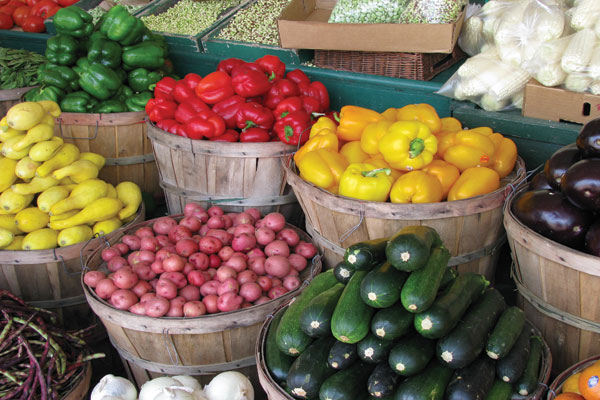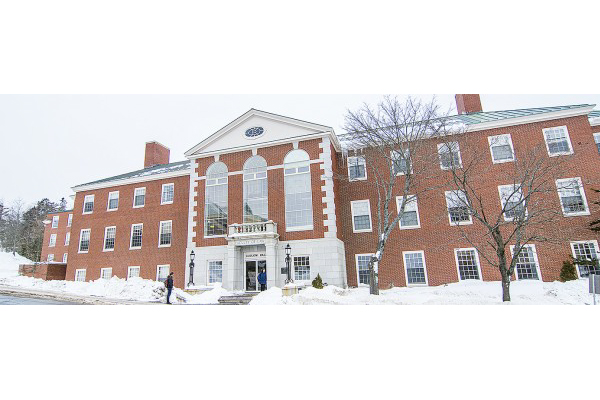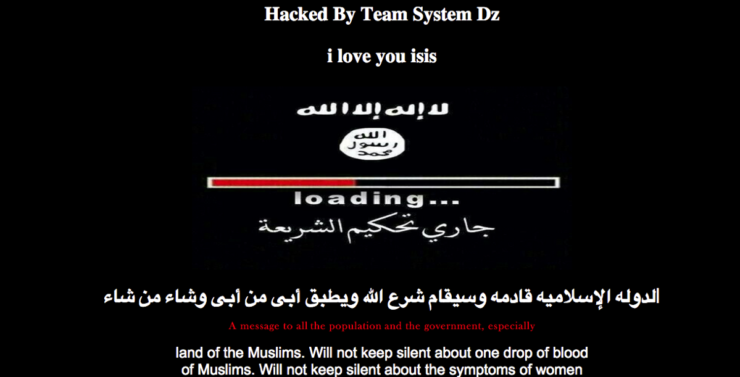UNB student union campaign aims to highlight surge in textbook prices
Fredericton (CUP)—A new campaign launched by the University of New Brunswick Student Union (UNBSN) aims to show faculty members just how expensive textbooks are getting.
This new campaign, titled Textbroke, began in early September to measure how students get their textbooks and how much they pay for them. This includes an online survey for students to fill out about their textbook-buying experiences. There were even banners set up on campus, encouraging passing students to write how much they pay for textbooks.
Katie Beers, the external vice president of the UNBSU who came up with the idea of Textbroke, said that over 328 students have already filled out the online survey.
“That’s probably the most engagement we’ve gotten on a student survey in a long time,” said Beers.
She said just by looking at the hundreds of survey responses, she knows some students have already paid up to $2,000 for textbooks for just one term.
“We’ve averaged it out and the average price for a textbook currently is $110,” said Beers, estimating that in the past four years she has spent over $1,200 on textbooks.
This isn’t surprising to fourth-year UNB student Brianna Robinson, who has already paid $414.16 for two textbooks this term.
“They’re obviously ridiculously overpriced, especially when new editions are brought out and there’s barely any difference from the last one,” said Robinson.
One response that frequently appeared on the survey was for students who did not buy their textbook. Instead, they simply “hoped for the best” without them.
“It’s shocking to see how many students say that. I think it’s shocking to me, but I think it would be more impactful for profs to see that,” said Beers.
Students sometimes turn to Facebook to purchase their textbooks on groups like “UNB used textbooks” which has garnered almost 5,000 members. Both Robinson and Beers love the group, and have benefited from it many times.
“I think it’s a great way to really tackle this issue of used textbooks as a campus community,” said Beers. “And it both allows students to spend less on books and sell the books that they’ve had for a year.”
Beers plans to close down the online survey shortly so she can put her data together and submit her findings to the UNB faculty.
“I hope that our profs will see this data and take it to heart and do something about the way that they use their course materials.”





